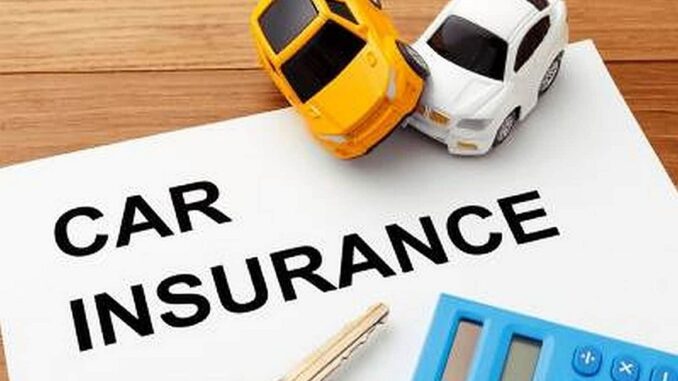
A collision coverage policy may cover car damage if you are in an accident. Comprehensive covers weather, theft, and vandalism. These coverages, known as “full coverage,” may strengthen a third-party policy when purchased together. Understanding collision vs comprehensive insurance may help you choose the ideal car insurance online coverage.
Full coverage automobile insurance often protects your vehicle from covered claims. Full coverage, often known as “collision and comprehensive insurance,” is usually an add-on to a car insurance policy. You can get collision coverage and comprehensive car insurance policy coverage separately, but most people buy them together.
Third-party car insurance only covers the other party in an at-fault accident. Your car insurance won’t cover repairs to your own car if you cause an accident with third-party coverage. Instead, your insurance can fix the damage you do to the other vehicle (up to the property damage limit you carry on your policy).
Comprehensive coverage
Sometimes known as “other-than-collision” coverage, it may cover vehicle damage from non-collisions. Comprehensive car insurance prices may cover damage against natural disasters, manmade calamities, fire, theft, and other unfortunate incidents.
Collision coverage
Your collision insurance might pay for repairs if you accidentally hit an object. Static objects such as trees, light poles, and shopping carts in parking lots are examples of things that can be concealed. If someone hits you without insurance or hits and runs on you, your vehicle may need repairs after the accident.
Comprehensive/collision insurance deductibles
Comprehensive and collision insurance have different deductibles. Third-party insurance has no deductibles for either side. Claimants of comprehensive and collision insurance must pay the deductible. If you use either coverage, a higher deductible may cost you more.
To see how deductible levels affect your car insurance online costs, compare quotes. For instance, lowering your comprehensive deductible may lower your premium, but it may raise the amount you would have to pay during a claim.
Collision or comprehensive?
Before making a decision, you should consider if:
Your region is prone to weather, animals, vandalism, and car theft
After an accident, you cannot afford automobile repairs or replacement
If your car is newer or valuable
Comprehensive and collision car insurance may not be worth it for an older, low-value automobile. You may want to keep comprehensive insurance but not collision. Comprehensive car insurance meaning also suggests that it may also cover windscreens.
The current value of your vehicle, in addition to the cost of coverage, will guide your decision as to whether you require one or both of the available coverage options. If your vehicle has suffered a loss, the insurance provider for cars may pay the actual cash value of the vehicle, less damage and any deductibles.
If the average cost of the coverage is at least 10% higher than the payment, comprehensive coverage may not be worth the investment.
Conclusion:
Comprehensive and collision coverage is essential for protecting your vehicle from physical damage. Finally, you should select the ideal coverage for your budget and needs. Some insurers may require you to purchase comprehensive and collision coverage together rather than just collision coverage separately.
Coverage limits for both comprehensive and collision coverage are determined by the value of your vehicle and the deductible amounts you choose. This is because if your car is totalled, the maximum payout you can expect is equal to the actual cash value of your vehicle minus your deductible.
‘Insurance is the subject matter of solicitation. For more details on benefits, exclusions, limitations, terms, and conditions, please read the sales brochure/policy wording carefully before concluding a sale.‘
*All savings are provided by the insurer as per the IRDAI approved insurance plan. Standard T&C apply

Leave a Reply
You must be logged in to post a comment.